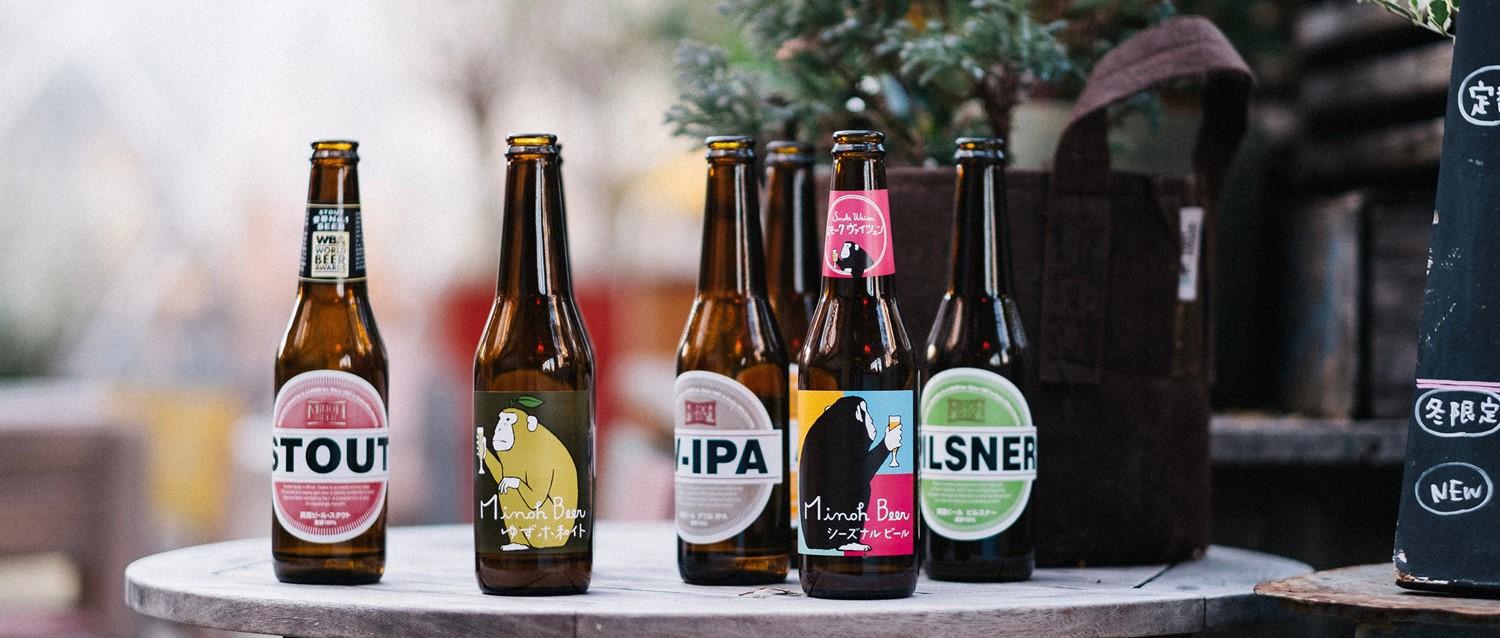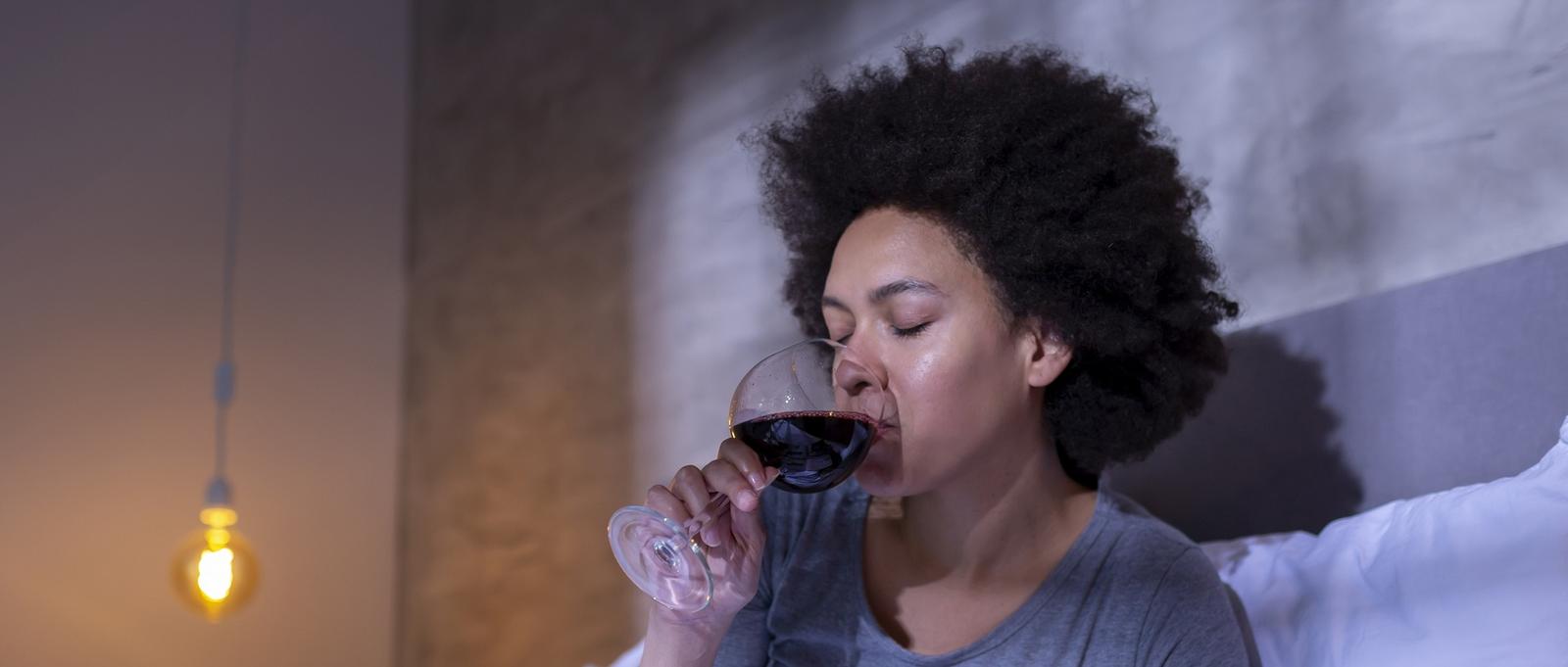
Does alcohol cause cancer?
Peer reviewed by Dr Sarah Jarvis MBE, FRCGPLast updated by Abi MillarLast updated 15 Jul 2019
Meets Patient’s editorial guidelines
- DownloadDownload
- Share
- Language
- Discussion
Most of us are aware that knocking back the cocktails isn't great for our health. Quite aside from the fuzzy head the next day, we know that excessive alcohol consumption is associated with everything from heart disease to liver damage. But did you know that alcohol also causes seven types of cancer?
In this article:
Cancer Research UK estimates that drinking alcohol causes 11,900 cases of cancer a year in the UK. But not enough of us are aware of the connection between alcohol consumption and the disease.
A recent study in BMJ Open looked at women's knowledge of the link between alcohol and breast cancer in particular. The research, which involved 205 women attending a breast cancer clinic, found that less than one in five knew that drinking was a risk factor for developing the disease.
The women were instructed to 'write down anything you think might increase the risk of breast cancer'. While around a third mentioned obesity, and nearly half mentioned smoking, only 19.5% listed alcohol.
They were also asked to estimate the alcohol content of four popular drinks. Of those who said they consumed alcohol, 72% were able to estimate the units in a standard glass of wine, but less than a quarter got it right for spirits or cider.
"Women’s awareness of alcohol as a risk factor for breast cancer is low, and people are also pretty bad at estimating the alcohol content of a standard drink, even those who think they know," says Professor Julia Sinclair of the University of Southampton, who conducted the research.
"It's worrying that most women in this study didn't know alcohol raises the risk of breast cancer, as cutting down on alcohol is one of the best ways people can reduce their risk," added Emma Shields, health information manager at Cancer Research UK.
Continue reading below
How many cancers are preventable?
So exactly how strong are the links between alcohol and cancer? As is often the case when we talk about cancer risk, this can prove to be quite a complicated question.
"With cancer, we know that it is a balance between the hand you are dealt and how you play your cards," says Sinclair. "There's your genes, sex and age, which we can't do anything about, and there's lifestyle, work and environment, which we may be able to alter. But risk is a difficult concept. You can be at low risk of a disease and still get it, or at high risk of a disease and not get it."
In fact, a 2017 study suggested that the highest risk factor for developing cancer was simple bad luck (ie chance mutations that occur when cells divide). The 'bad luck' factor, claimed the researchers, was responsible for more mutations than either genetic or lifestyle factors.
However, Cancer Research UK estimates that 38% of cancers in the UK are preventable, with the proportion varying considerably depending on the type of cancer. For instance, 78.9% of lung cancers are preventable, meaning the cancer was caused by a specific risk factor like smoking, air pollution or radiation.
Taking all cancer types together, the charity estimates that 15% of them are caused by tobacco consumption. Being overweight or obese is the second largest preventable risk factor, responsible for 6% of cases, while around 3% of cancers could be prevented if people didn't drink.
How does alcohol cause cancer?
With breast cancer specifically, the link with alcohol is a little stronger. Drinking is thought to cause around 8% of cases, and your risk gets higher the more you drink. According to the American Society of Clinical Oncology, light drinkers raise their breast cancer risk by 4%, moderate drinkers by 23% and heavy drinkers (who drink more than eight drinks a day) by a whopping 63%.
"You don't have to give alcohol up completely; having smaller servings and more alcohol-free days can make a big difference," said Shields.
Alcohol is also a risk factor for six other types of cancer: mouth cancer, pharyngeal cancer, oesophageal cancer, laryngeal cancer, bowel cancer and liver cancer. It is particularly dangerous when combined with tobacco, as drinking can damage the cells in the throat and make it easier for other carcinogens to be absorbed.
"I think the discourse around cancer needs to empower people that there are some things that they can do to lessen their risk," says Sinclair. "So we just want to empower women with the facts to help them make decisions where they can to improve their health."
Continue reading below
Prevention interventions
Sinclair would like to see 'prevention interventions' added to screening clinics - in other words, giving women information about the links between alcohol and breast cancer. She points out that, while more research is needed, the women she surveyed responded positively to the idea. She also thinks that, as a society, we're 30 years behind where we are with tobacco, in terms of getting the facts out there.
"The alcohol industry has a lot invested in making us not think about the health risks of alcohol and persuading us that no occasion in our lives is complete without drinking," she says. "Also, politicians, journalists and doctors are all relatively heavy drinking professional groups and they are the ones that generate the discourse around this issue."
Ultimately, she'd like to see a culture in which women view alcohol as an occasional addition to their diet rather than a regular one. While the same could most likely be said for men, Sinclair's research focuses on women.
"That way their tolerance to it will remain low, their overall consumption will stay low, and it has myriad benefits more generally for health and well-being," she says. "We want to positively reframe very low levels of alcohol use as the smart thing to do for the women of today, rather than imply that they are somehow missing out."
Patient picks for Alcohol advice

Healthy living
Why does drinking alcohol affect your sleep?
Sometimes after drinking, it can feel like you're asleep before your head hits the pillow. However, in truth, the rest of your night's sleep will be disturbed by the alcohol in your system. You might wake up more than usual in the night - and feel exhausted in the morning. But why does alcohol affect your sleep?
by Victoria Raw

Healthy living
Hard seltzer: how healthy is it?
Hard seltzer is the popular summer beverage that's taken the US and now Britain by storm. We burst the bubble on many of the health myths surrounding this fizzy alcoholic drink.
by Amberley Davis
Continue reading below
Article history
The information on this page is peer reviewed by qualified clinicians.
15 Jul 2019 | Latest version

Ask, share, connect.
Browse discussions, ask questions, and share experiences across hundreds of health topics.

Feeling unwell?
Assess your symptoms online for free
Sign up to the Patient newsletter
Your weekly dose of clear, trustworthy health advice - written to help you feel informed, confident and in control.
By subscribing you accept our Privacy Policy. You can unsubscribe at any time. We never sell your data.